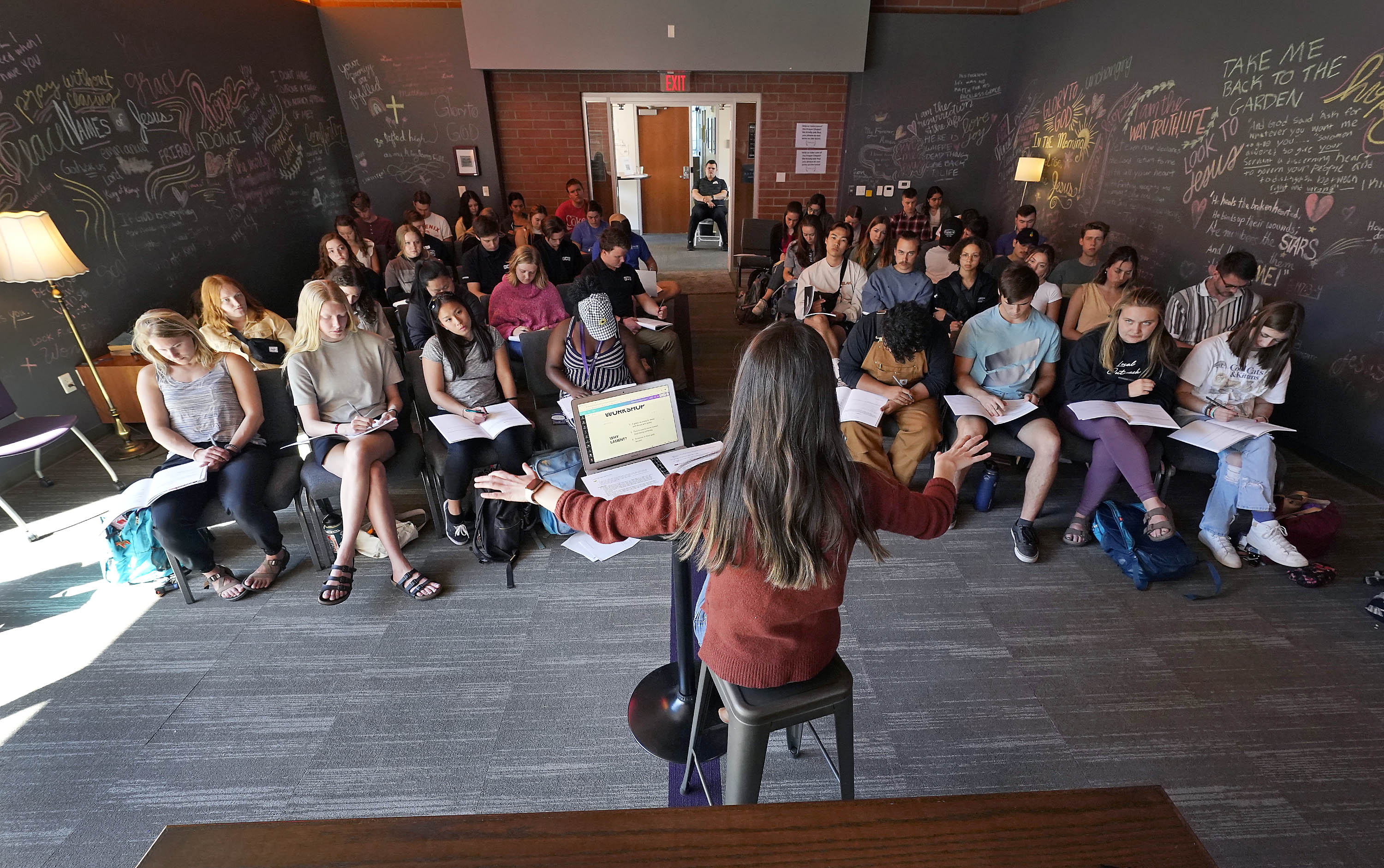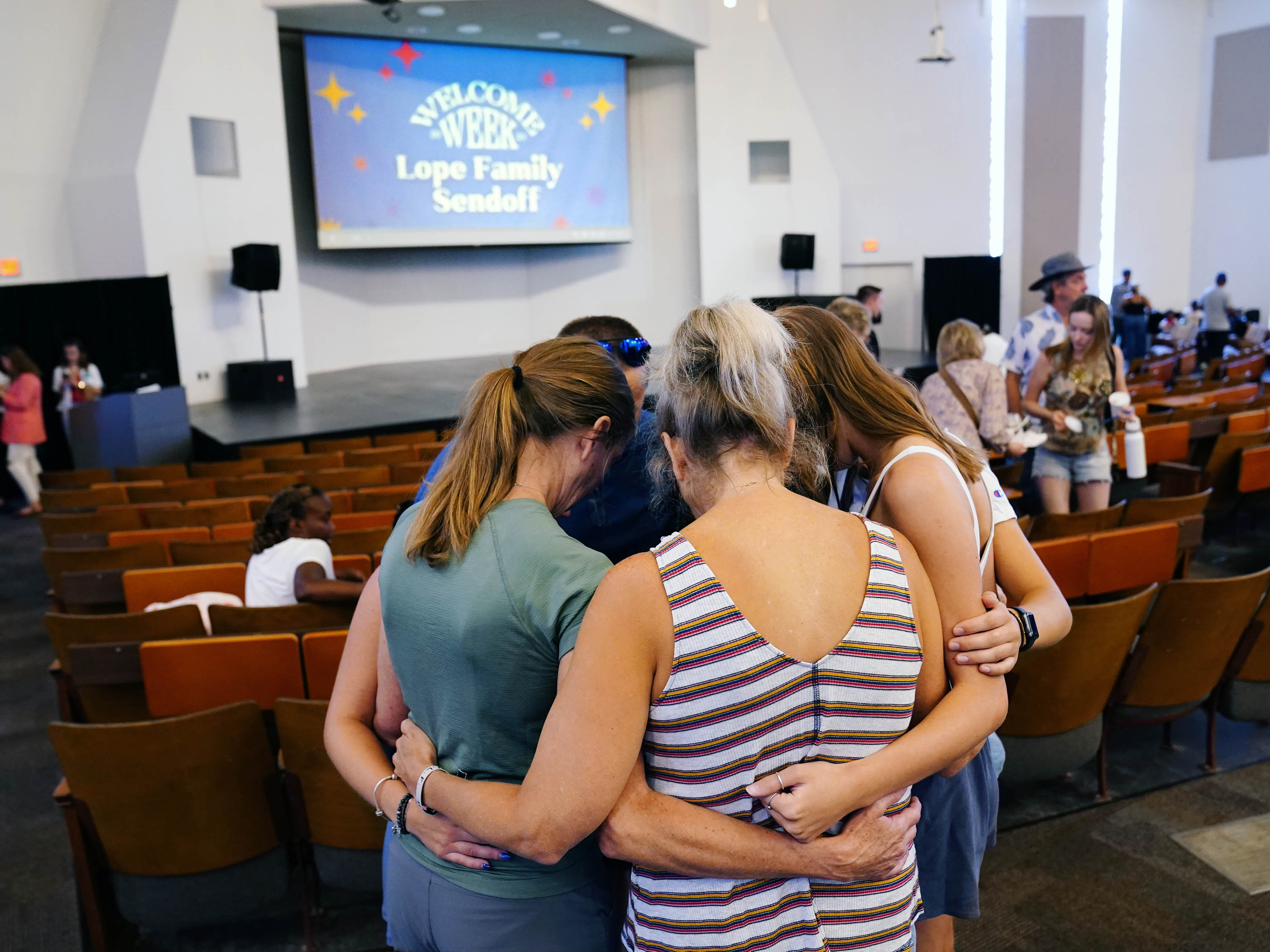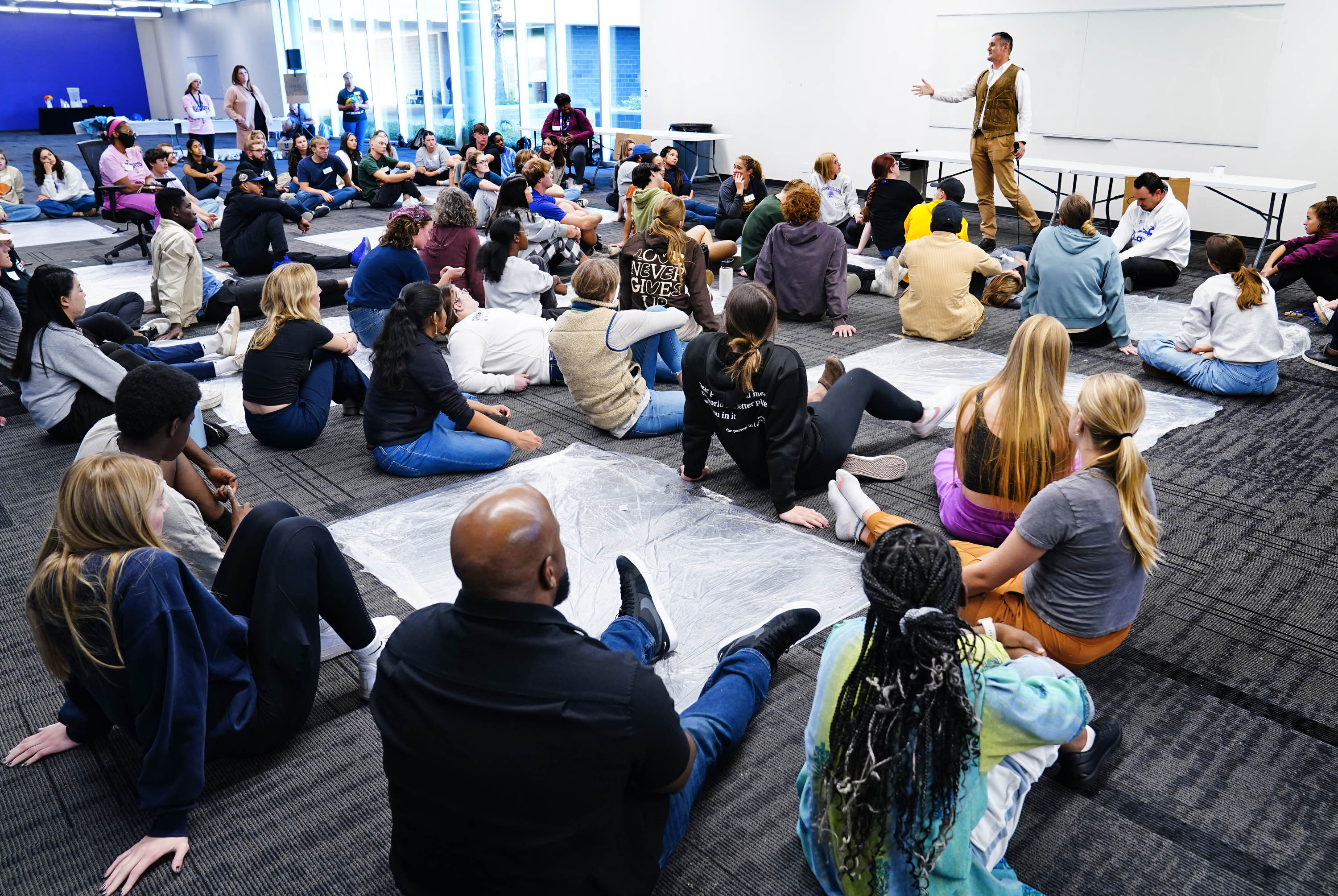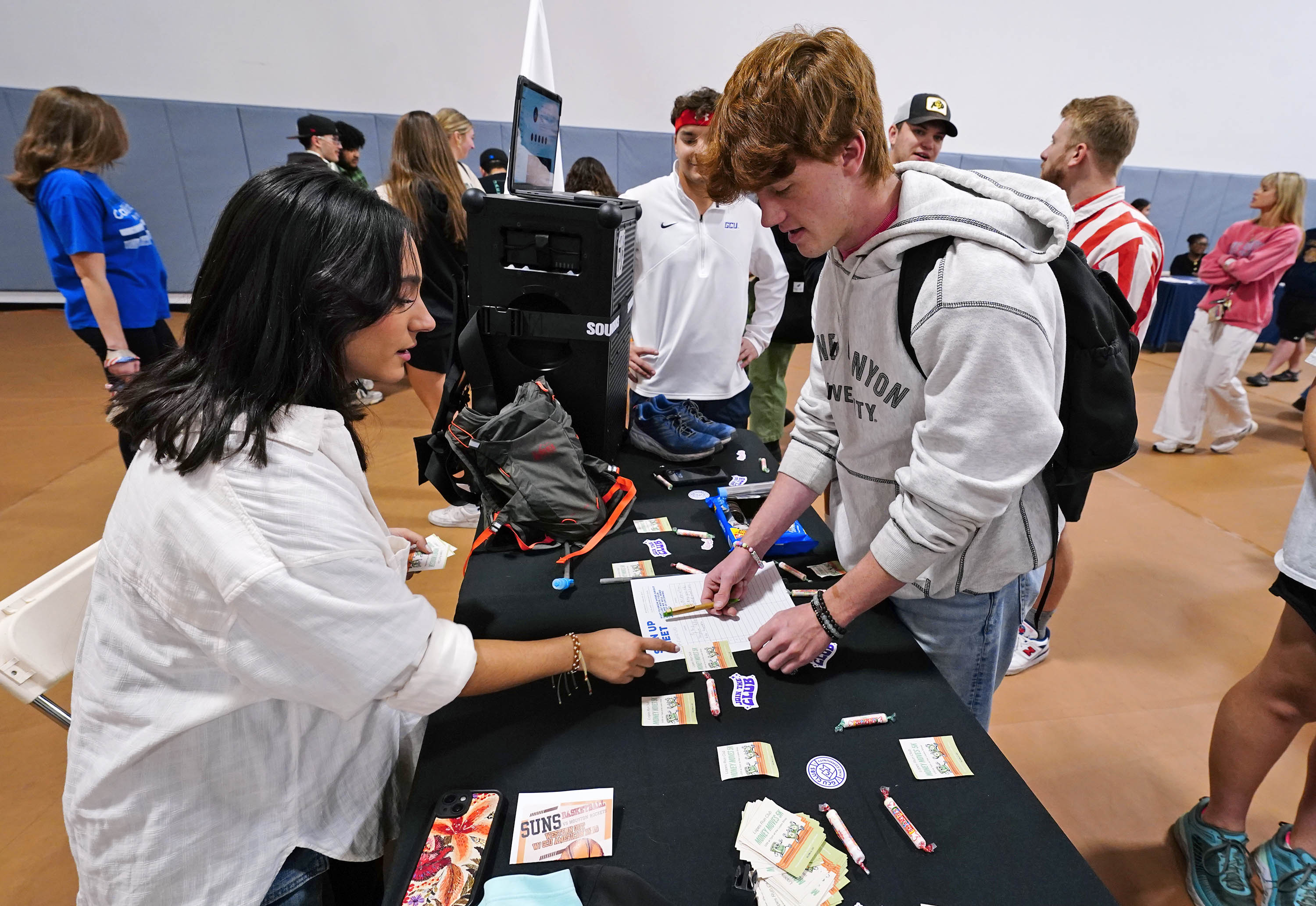“The quality of your life, ultimately, depends on the quality of your relationships.” – Esther Perel
By Lauren Dixon
GCU Office of Student Care
#Askingforafriend
We’re a social species, and relationships are an inextricable part of our lives. Relationships provide the context that shapes our perceptions of ourselves, what we value in life and our ability to get our needs met.
When I refer to “relationships,” I’m speaking in broad terms. We engage in relationships with family members, friends, classmates, co-workers, romantic partners, God and even with our own selves.
Our earliest relationships, within our families of origin, shape our learned ways of navigating our needs, longings, feelings and expectations.
These formative experiences inform our perceptions of whether it’s safe to express our needs and spontaneous feelings, to ask for help, to take risks, to trust our instincts or to seek comfort and protection outside of ourselves.
These foundational relationships provide the first lens we have for seeing ourselves and making sense of our world and how we fit into it.
We may learn to see ourselves as worthy of having our feelings heard, our needs supported and our autonomy respected, or we may learn to view ourselves as likely to be rejected, humiliated, criticized or abandoned if our true feelings and needs are exposed.
Our learned perceptions of ourselves and our ability to trust others inform the way we feel, the way we think and the way we behave.
When it comes to our mental, emotional and psychological health, the significance of how we have learned to see ourselves in relation to others and how we navigate our needs and expectations within the context of our relationships cannot be understated.
When we are able to get our needs met and feel known, understood and connected, our mental health is more likely to thrive.
When we struggle to discern safety/trustworthiness in another person (or even within ourselves) as we try to effectively communicate our preferences, needs, limitations and boundaries, we suffer resentment, irritability, stress, low self-esteem and loneliness.
When we find ourselves struggling to achieve or maintain the kind of connection and understanding that we desire in our relationships, it’s a natural tendency (albeit a faulty one) of the mind to focus in only one direction in its attempts to identify the source of our discontent.
We either view the barriers to quality connection as resulting from the unreasonableness of the other person, or we attribute our inability to get the connection we desire to some defect in ourselves.
But the reality of the challenges that can impede our abilities to balance our individual needs and boundaries with our longing for connection is far more nuanced and complex.
Often, we need to examine what we’ve learned about the self, roles/expectations, communication and boundaries within our own earliest relationships. Then we must determine what may be helpful to unlearn or relearn as we proceed to navigate complex themes of trust, communication, vulnerability and acceptance in our adult relationships.
























